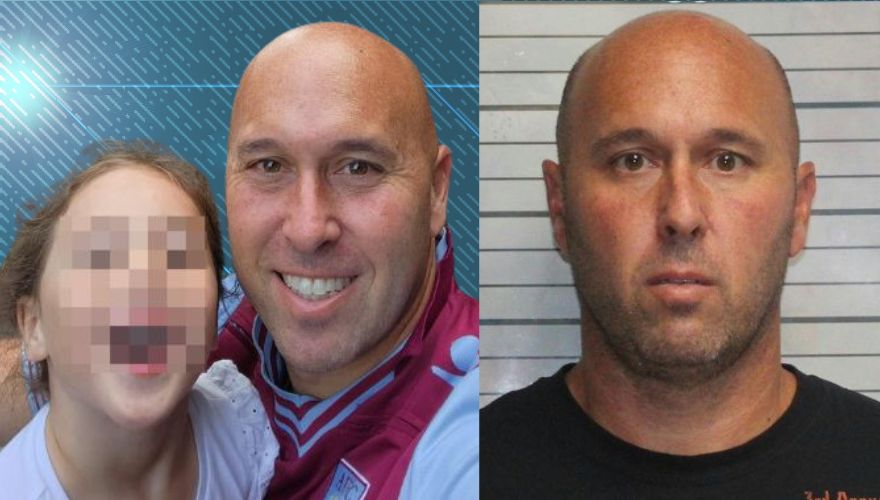New estimates indicated that 1,832 students in Alabama could be held back because of a literacy law passed five years ago.
In a presentation to the state’s school board on Thursday, Superintendent Eric Mackey said the numbers were preliminary and that final numbers are expected in September.
The Alabama Literacy Act of 2019 established a reading benchmark that students must reach by the end of the third grade. Those who do not are obligated to repeat the year in order to move to fourth grade. The state law goes into effect this year and only impacts students in public schools.
A third-grade student's reading proficiency is determined by a statewide standardized test. The law also includes a “good cause” exemption that would permit a student to matriculate to fourth grade if they can prove proficiency with a portfolio.
Mackey told the school board it is better to hold back younger students rather than older students.
“The later students are retained, the worse the social outcome,” the superintendent said, per AP News. “Third grade is not considered the beginning. It’s kind of the last effort.”
The estimated numbers are lower than the state’s initial predictions. At least 17 percentage of third graders could not read at a grade-appropriate level in 2023. In the spring of 2024, 4,808 students (about 9%) did not pass the reading proficiency test. Students had the option to attend a summer reading camp and retake the test.
At the time, Mackey said the preliminary data indicated that “districts that have high poverty also have more students who are below grade level.”
“Not nearly what it was four years ago, so even those districts have already made remarkable gains, but, again, the districts that have high poverty are tending to lag behind our more affluent districts,” he added, per the Alabama Reflector.
Alabama is still hoping to address literacy issues with older students who were not subject to the standardized requirement. In 2024, the state school board requested $22 million to assist students struggling with reading proficiency in 2024 in fourth grade and above.
Additionally, the state hopes to better prepare older students for life as adults. The board recently made personal finance a required course for high school students. High schoolers are also required to take a career preparation course.
Seventy-nine percent of adults in America are literate while 21 percent are illiterate, according to ThinkImpact. Of those adults who lack reading proficiency, 34% were born outside of the United States.
The outlet reports that “low levels of literacy” costs the U.S. $2.2 trillion per year. New Hampshire, Minnesota, and North Dakota had the highest literacy rates while Florida, New York, and California had the lowest.

